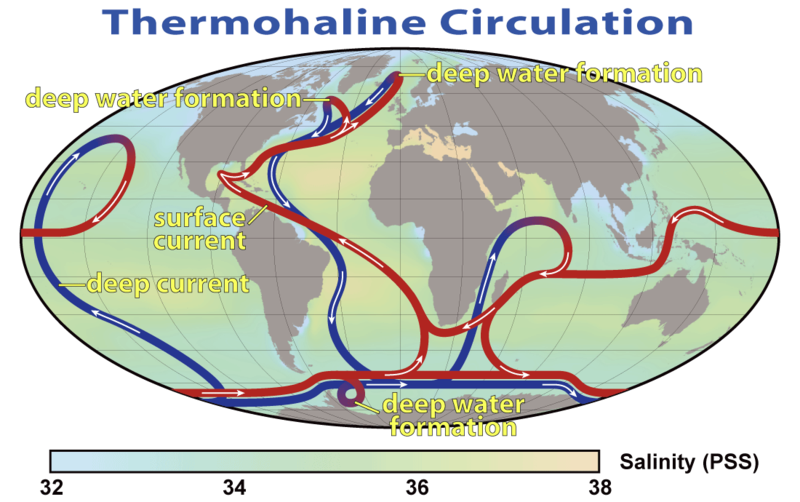Students discuss the German “Energiewende” 3/5
In a few days, international students from the Hertie School in Berlin will be participating in a discussion forum with German Environment Minister Peter Altmaier and Winfried Kretschmann, the Green Party’s first state premier in Baden-Württemberg. The debate will focus on Germany’s “Energiewende,” literally an energy turnaround involving ambitious plans to phase out nuclear power and boost renewable energy.
Until March 13, we’ll be introducing the students taking part in the debate. Today: Felicitas Schuldes from Germany.
Students discuss the German “Energiewende” 2/5
In a few days, international students from the Hertie School in Berlin will be participating in a discussion forum with German Environment Minister Peter Altmaier and Winfried Kretschmann, the Green Party’s first state premier in Baden-Württemberg. The debate will focus on Germany’s “Energiewende,” literally an energy turnaround involving ambitious plans to phase out nuclear power and boost renewable energy.
Until March 13, we’ll be introducing the students taking part in the debate. Today: Björn Verse from Germany.
Björn Verse, Deutschland from DW_Global Ideas on Vimeo.
Sustainable Economy in focus of this year’s DW photo competition KLICK!

From 17-19 June, this year’s Deutsche Welle Global Media Forum in Bonn will spotlight “The Future of Growth – Economic Values and the Media”. A worldwide photo competition will honour outstanding images that capture related themes.
This year’s photo competition KLICK! is called “Your view of a Sustainable Economy”. The deadline for submissions is April 10. Online voting begins on April 17. Of the ten finalists chosen by the online voting, three winners will be selected by the participants of this year’s Deutsche Welle Global Media Forum. First prize is an iPod Nano (8 GB). The runner-up will receive an iPod-Shuffle (2 GB), and the third prize is a USB flash drive.
Entries can be uploaded to the website http://www.dw-gmf.de/klick or submitted by email to klick@dw.de. Deutsche Welle will publish the entries online as part of a gallery and an interactive map at http://www.dw-gmf.de/klick.
Students discuss the German “Energiewende” 1/5
In a few days, international students from the Hertie School in Berlin will be participating in a discussion forum with German Environment Minister Peter Altmaier and Winfried Kretschmann, the Green Party’s first state premier in Baden-Württemberg. The debate will focus on Germany’s “Energiewende,” literally an energy turnaround involving ambitious plans to phase out nuclear power and boost renewable energy.
Starting today until March 13, we’ll be introducing the students taking part in the debate. We begin with Dennis Mwaura from Kenya.
Dennis Mwaura, Kenya from DW_Global Ideas on Vimeo.
Is the ocean to quit it’s job?
Silently and mostly unrecognized, ocean is doing a yet quiet good job for the climate: it absorbs CO2 from the atmosphere and dumps it into the deep. That is one of the reasons, why climate did not further heat up within the last decade – although world keeps emitting lots of CO2.
But now researchers found that the Atlantic ocean absorbs less CO2 than usually – and also figured out the reason for this. It’s because the so called “meridional overturning circulation” slows down. Before you now think “I’ll never get this” – hang on. Sounds more complicated than it actually is.
The overturning circulation works like this: In the Atlantic ocean, water flows northwards – from the warmer Southern part into the colder Northern part. There, the water cools down, becomes saltier and sinks into the deep. There this so called deepwater flows back towards the South, warms up there and is welling up in consequence. Back at the surface in the Southern hemisphere it is, where ocean water takes up the antropogenic CO2.
Now, due to global warming, also ocean surface water – even in the Northern usually colder part of the Atlantic – warms up – and does not sink to the deep. This in turn slows down the overturning circulation. In consequence of this slowing, CO2-saturated water is not dumped into the deep as usual, but stays rather close to the surface. In consequence, less CO2 can be taken up from the atmosphere.
So the research team scientifically proved that we actually are destroying those natural systems that normally help keeping CO2 levels low – by emitting more and more CO2 and warming up the planet with its ocean.









Feedback